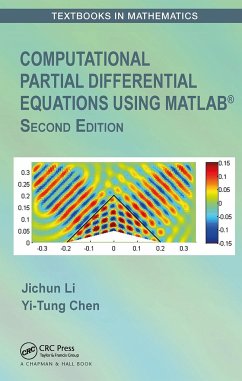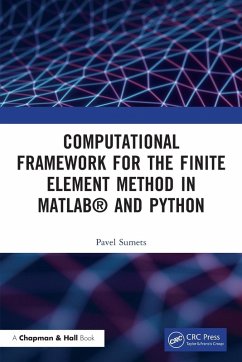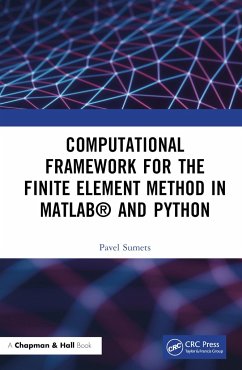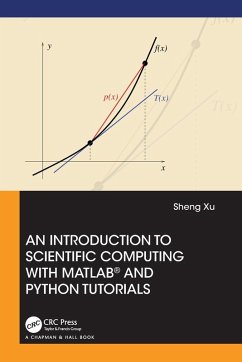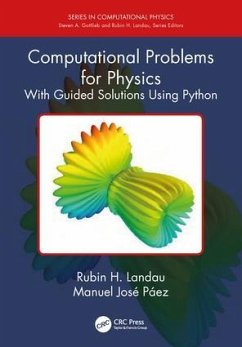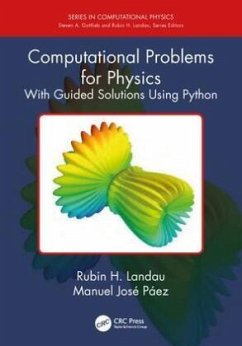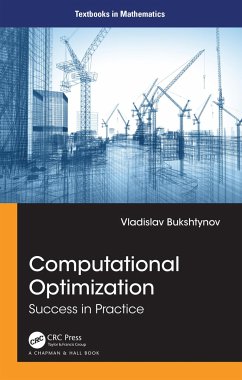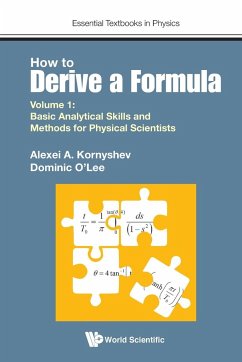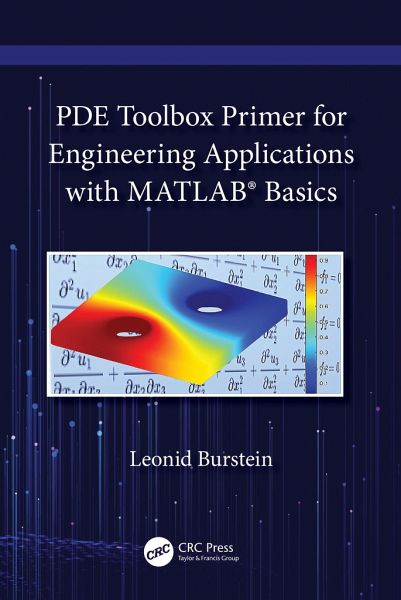
PDE Toolbox Primer for Engineering Applications with MATLAB® Basics
Versandkostenfrei!
Versandfertig in 6-10 Tagen
138,99 €
inkl. MwSt.
Weitere Ausgaben:

PAYBACK Punkte
69 °P sammeln!
Partial differential equations (PDEs) describe technological phenomena and processes used for the analysis, design, and modeling of technical products. Solutions of spatial and transient PDEs are realized by using the PDE Toolbox included in the MATLAB® software. MATLAB® is introduced here as an essential foundation for PDE, and the Modeler of the PDE Toolbox, with appropriate explanatory solutions, is applied to engineering problems in mechanics, heat/mass transfer, tribology, materials science, physics, and biotechnology. The appendixes contain collections of commands and functions used to...
Partial differential equations (PDEs) describe technological phenomena and processes used for the analysis, design, and modeling of technical products. Solutions of spatial and transient PDEs are realized by using the PDE Toolbox included in the MATLAB® software. MATLAB® is introduced here as an essential foundation for PDE, and the Modeler of the PDE Toolbox, with appropriate explanatory solutions, is applied to engineering problems in mechanics, heat/mass transfer, tribology, materials science, physics, and biotechnology. The appendixes contain collections of commands and functions used to solve actual engineering problems.
FEATURES
Includes the PDE Modeler interface with example solutions of two- and three-dimensional PDEs
Presents methodologies for all types of PDEs as representative of any engineering problem
Describes the ordinate differential equation (ODE) solver for initial value and boundary value problems (IVP and BVP) through practical examples from mechanics and the thermodynamic properties of materials
Covers the basics of MATLAB® to solve both ODEs and PDEs
Reviews spatially the one-dimensional PDE solver with actual engineering examples
PDE Toolbox Primer for Engineering Applications with MATLAB® Basics is aimed at scientists, students, professionals, practitioners, self-taught readers, and researchers who need concise and clear information to study and apply MATLAB® software and the PDE Toolbox in engineering.
FEATURES
Includes the PDE Modeler interface with example solutions of two- and three-dimensional PDEs
Presents methodologies for all types of PDEs as representative of any engineering problem
Describes the ordinate differential equation (ODE) solver for initial value and boundary value problems (IVP and BVP) through practical examples from mechanics and the thermodynamic properties of materials
Covers the basics of MATLAB® to solve both ODEs and PDEs
Reviews spatially the one-dimensional PDE solver with actual engineering examples
PDE Toolbox Primer for Engineering Applications with MATLAB® Basics is aimed at scientists, students, professionals, practitioners, self-taught readers, and researchers who need concise and clear information to study and apply MATLAB® software and the PDE Toolbox in engineering.




